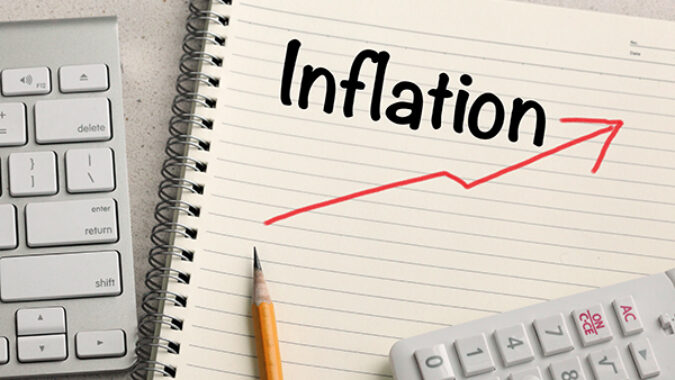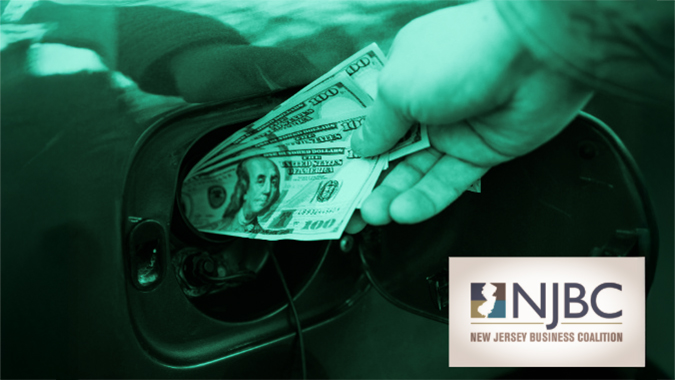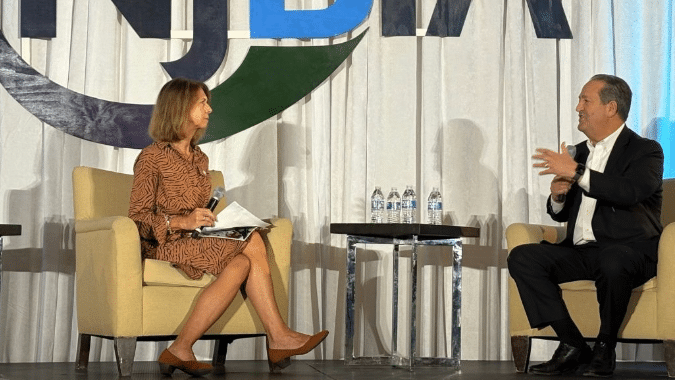The U.S. Department of Labor says the Consumer Price Index, the most cited gauge of inflation, rose 5.4% in July from a year earlier, matching the largest 12-month jump since August 2008.
The CPI measures changes in how much American consumers pay for everyday goods and services including groceries, gasoline, clothes, restaurant meals, and cars. The CPI has been rising in 2021 due to increases in consumer spending and U.S. gross domestic product as COVID-19 restrictions have eased.
There are tentative signs, however, that inflation may be easing. The government report said the CPI in July increased 0.5% on a month-over-month basis and that so-called core inflation, which excludes energy and food, rose by only 0.3%, which is well below June’s rise of 0.9%.
Price gains for used cars and trucks, which have accounted for an outsized portion of the inflation boost in recent months, rose 0.2% in July, a sharp drop from the 10.5% increase the prior month. A global shortage of semiconductors has reduced dealer inventory, however, and may keep car prices high in the months ahead.
Economists polled by Reuters said that the July CPI seems to indicate inflation has peaked, but prices will likely remain elevated through 2022 because the worker shortage, supply chain disruptions and higher wages are impacting what Americans pay for goods and services.




